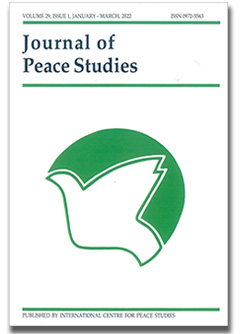
Books/Journals

You haven’t created any frontpage content yet.
Congratulations and welcome to the Drupal community.
Drupal is an open source platform for building amazing digital experiences. It’s made, used, taught, documented, and marketed by the Drupal community. Our community is made up of people from around the world with a shared set of values, collaborating together in a respectful manner. As we like to say:
Come for the code, stay for the community.
Get Started
There are a few ways to get started with Drupal:
- User Guide: Includes installing, administering, site building, and maintaining the content of a Drupal website.
- Create Content: Want to get right to work? Start adding content. Note: the information on this page will go away once you add content to your site. Read on and bookmark resources of interest.
- Extend Drupal: Drupal’s core software can be extended and customized in remarkable ways. Install additional functionality and change the look of your site using addons contributed by our community.
Next Steps
Bookmark these links to our active Drupal community groups and support resources.
- Global Training Days: Helpful information for evaluating Drupal as a framework and as a career path. Taught in your local language.
- Upcoming Events: Learn and connect with others at conferences and events held around the world.
- Community Page: List of key Drupal community groups with their own content.
- Get support and chat with the Drupal community on Slack or DrupalChat. When you’re looking for a solution to a problem, go to Drupal Answers on Stack Exchange.








Comments
Indonesia’s Balancing Act : Between Contestation and Cooperation with China
Mohmad Waseem Malla, Durdhana Haq
Indonesia, Southeast Asia's largest economy, balances economic ties with China while asserting its sovereignty amid tensions in the South China Sea. China's maritime claims and illegal fishing in Indonesia's Exclusive Economic Zone (EEZ) in the....
Impact of Pakistan’s Internal Dynamics on China-Pakistan Cooperation
Mohmad Waseem Malla, Kazima Zargar
The Issue Brief examines how Pakistan’s internal dynamics impact its cooperation with China, particularly through the China-Pakistan Economic Corridor (CPEC), launched in 2015. It traces the evolution of Sino-Pak relations, highlighting their strategic....
PTI: A Divided House – Implications for Politics in Pakistan
Syed Eesar Mehdi
Will PTI continue to fracture under the weight of its internal strife, or can it reimagine itself and become a unified force once more? The future of the party, and consequently of Pakistan's civilian democracy, is at stake. PTI's ability to overcome its differences or its decline into political insignificance...
Between Political Relevance and Marginalisation: The BNP's Struggle in Post-Hasina Bangladesh
Mohmad Waseem Malla
BNP's success in navigating this complex political landscape will depend on its ability to exhibit political maturity, which involves distancing itself from reactionary and punitive politics while positioning itself as a defender of democratic principles and institutional integrity.